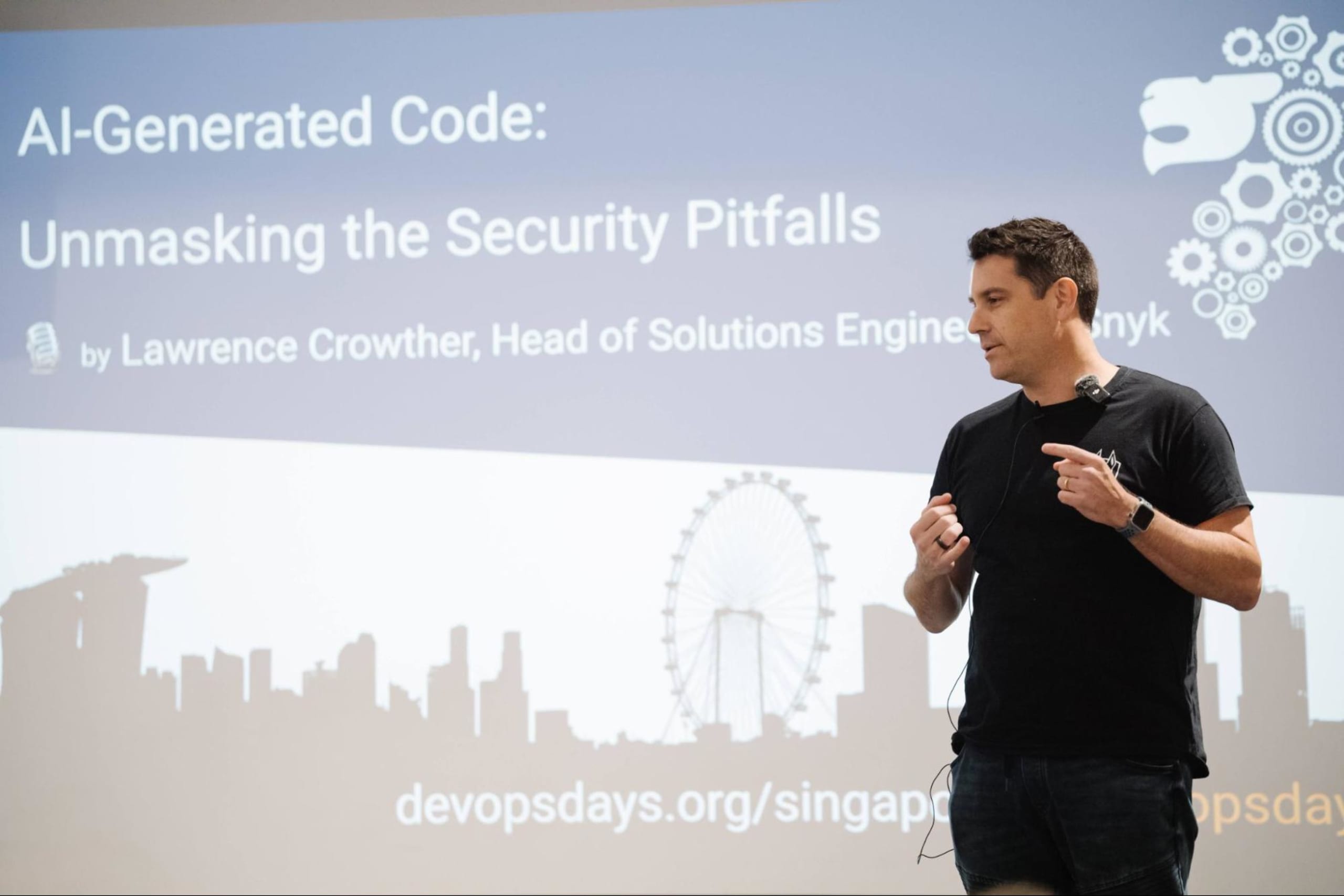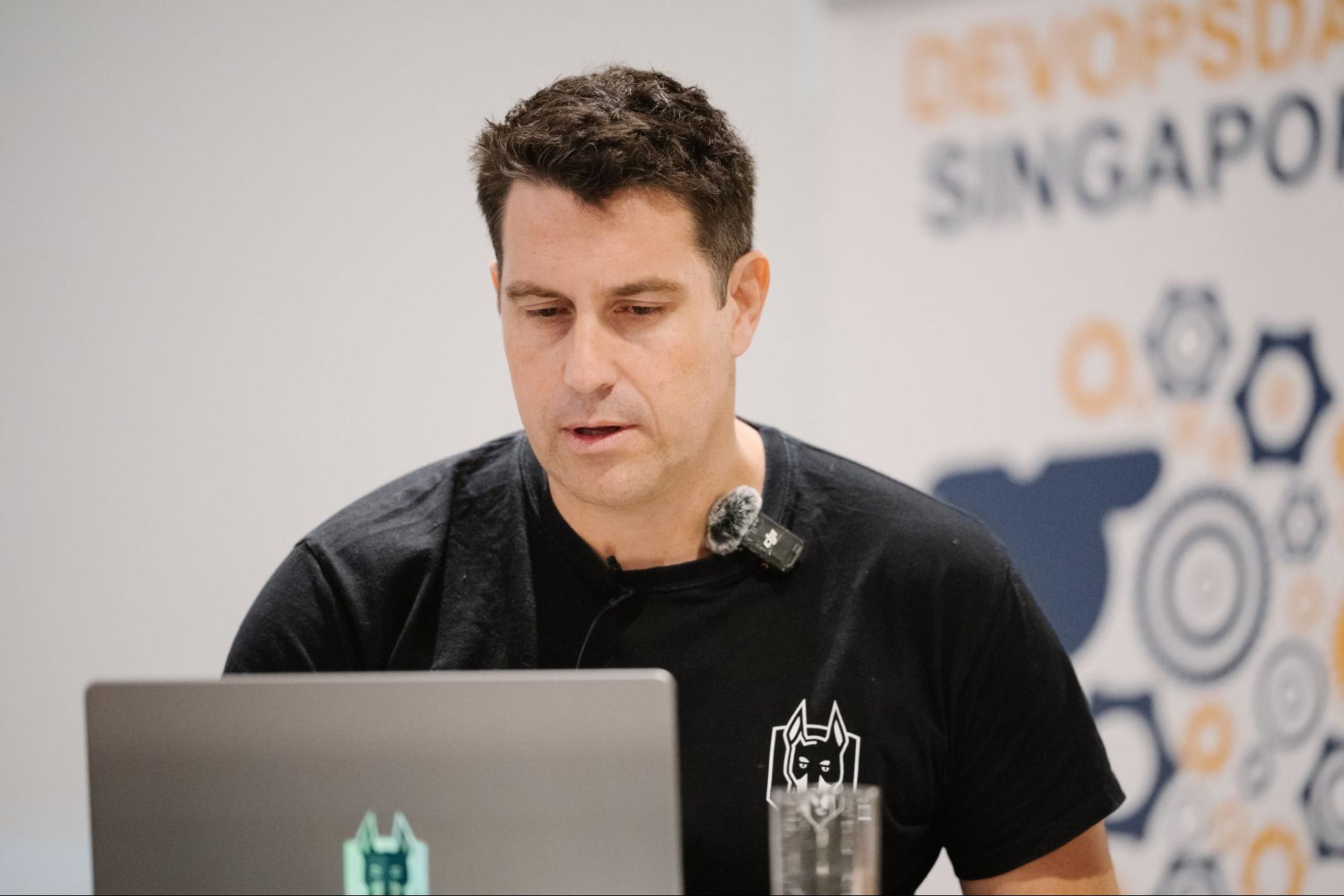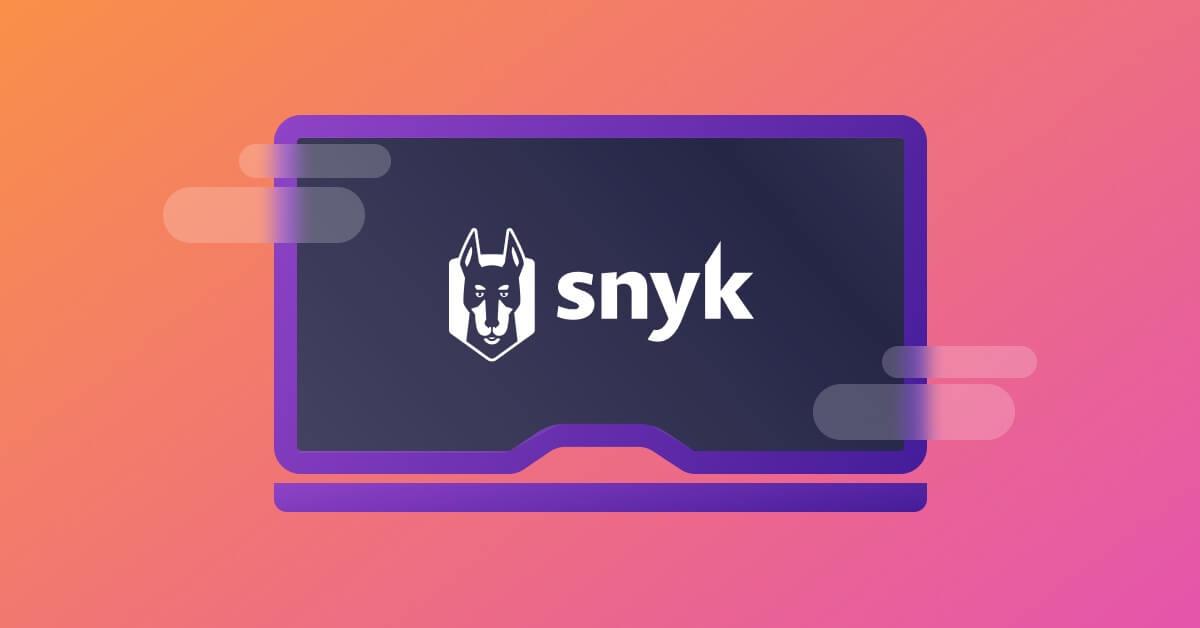DevOpsDays Singapore 2024: Unmasking the security pitfalls in AI-generated code
23 de abril de 2024
0 minutos de leituraAt DevOpsDays Singapore 2024, Lawrence Crowther was featured as a keynote speaker, selected through a call for paper process. In his presentation, he delved into the critical security integration within DevOps processes, focusing on AI-generated code and its potential to revolutionize software development while exposing vulnerabilities. Here are some highlights from his presentation, highlighting the evolving landscape of DevOps and the emerging challenges and solutions in software security.

In the fast-paced world of software development, AI tools such as Copilot, AWS Code Whisperer, and Google's Gemini are revolutionizing how developers write code. These tools promise to speed up the development process and enhance productivity. However, as with any rapidly advancing technology, they come with challenges, particularly in security.
The promise of AI in development
AI-driven tools are being integrated into the development pipeline with significant impacts. For instance, studies suggest that AI tools can help complete tasks 57% faster and increase completion rates by 27%. These tools not only automate mundane coding tasks but also assist in interpreting large volumes of data and refining applications' security posture.
Security challenges and AI
Despite their benefits, AI tools also introduce new vulnerabilities. AI-generated code can inadvertently include security flaws like SQL injections and XSS or outdated libraries that compromise application security. For example, an analysis of repositories using GitHub's Copilot showed that 40% of the generated code had vulnerabilities.

Live demonstrations: From problems to solutions
Lawrence Crowther gave a live demonstration during his talk, showing the audience how these vulnerabilities could surface and be mitigated in real-time. The demo involved adding search functionality to a Java application, where Copilot inadvertently suggested an SQL query vulnerable to SQL injection. Then, he showcased how AI could help correct these issues by generating secure code snippets after being provided with the correct prompts.
The role of security tools in the AI era
Robust security measures become increasingly necessary as AI continues to be embedded in development tools. Tools like Snyk integrate directly into development environments and GitHub to scan and fix vulnerabilities before the code is merged, acting like a "Grammarly for code." These security tools are essential for maintaining the integrity and safety of software in an AI-enhanced development environment.
Key takeaways: A call to action for developers
Integrating AI in development is inevitable and beneficial but comes with the responsibility to prioritize security. Developers must treat AI-generated code with scrutiny, similar to how one would oversee a junior developer's work. Implementing security tools early in the development process can safeguard against potential vulnerabilities, ensuring that innovation does not come at the expense of security.
Lawrence Crowther's talk at DevOpsDays Singapore 2024 provided profound insights into the critical intersections of AI, security, and DevOps. As AI-generated code becomes more common, we need to prioritize our static application security testing (SAST) and software composition analysis (SCA) coverage across the whole SDLC. The talk reflects on current practices and serves as a roadmap for a more secure and efficient future in software development.
For a deeper understanding and to hear Lawrence's insights firsthand, I highly recommend watching the recording of his presentation on YouTube. Witnessing his talk can provide additional context and nuances best experienced directly. Check out the video to gain more detailed knowledge and see how to improve your DevOps practices.

